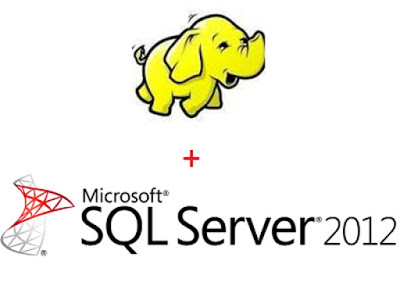Benchmarks often serve as indicators of market shifts, and when key industry players like Hortonworks and Cloudera release competitive performance benchmarks, it signals a significant trend. In the evolving landscape of big data, SQL remains a fundamental requirement for Hadoop platforms. This article explores the importance of SQL on Hadoop, its implications for organizations, and how emerging technologies like Hive and Impala are shaping the future of big data analytics.
The Role of SQL on Hadoop in Big Data Analytics
SQL on Hadoop has become an essential tool for businesses, enabling effective machine learning, real-time data streaming, and social graph analytics. Organizations rely on SQL for data transformation into actionable insights. However, one critical question remains: How fast can interactive SQL queries run on Hadoop?
For some enterprises, using Hadoop solely for SQL queries may seem inefficient, making integration with languages like R and Python a valuable alternative. However, SQL continues to be the gateway for businesses adopting Hadoop, particularly benefiting small and medium-sized enterprises (SMEs) looking for cost-effective big data solutions.
Competitive Benchmarks: Impala vs. Hive vs. SQL on Hadoop
Industry benchmarks provide insights into the competitiveness of various SQL engines on Hadoop. Cloudera’s Impala has proven to be significantly faster than traditional SQL-on-Hadoop engines, outperforming its competitors by up to ten times in certain scenarios. With its distributed storage architecture and advanced query optimization, Impala is setting new standards in big data performance.
Hortonworks, in response, introduced Hive with a cost-based query optimizer, claiming performance improvements of nearly 100 times over older big data platforms. Hive’s optimization ensures better concurrency, workload management, and execution efficiency, making it an attractive alternative for handling complex queries.
Cloud-Based Big Data Advancements
The cloud revolution is reshaping how businesses deploy and manage big data solutions. Cloudera has recognized the growing adoption of cloud technologies and has partnered with Amazon Web Services (AWS) to simplify Hadoop deployment. Previously, manual configuration was required, but the integration with AWS has streamlined the process, improving scalability, flexibility, and cost efficiency.
AWS offers a robust infrastructure with optimized storage solutions, making it a preferred choice for organizations transitioning to cloud-based big data analytics. As cloud adoption grows, SQL-on-Hadoop platforms must evolve to remain competitive in this rapidly changing ecosystem.
Key Takeaways and Future of SQL on Hadoop
- SQL remains essential for Hadoop adoption, serving as a bridge for enterprises leveraging big data analytics.
- Competitive benchmarks highlight Impala’s dominance, but Hive is emerging as a strong contender with significant speed improvements.
- Cloud integration is critical for scalability, with AWS leading the way in optimizing big data deployments.
- Organizations must focus on performance, concurrency, and cost-efficiency when selecting SQL-on-Hadoop solutions.
Final Thoughts
With the big data landscape evolving rapidly, SQL on Hadoop is more relevant than ever. Businesses must evaluate their options carefully, considering performance benchmarks, cost-effectiveness, and future scalability. While Cloudera’s Impala continues to set high performance standards, Hive’s advancements and AWS integration signal a promising future for big data analytics.
By staying ahead of trends and adopting the right technologies, organizations can ensure they maximize the potential of Hadoop and SQL-based analytics for competitive advantage.

